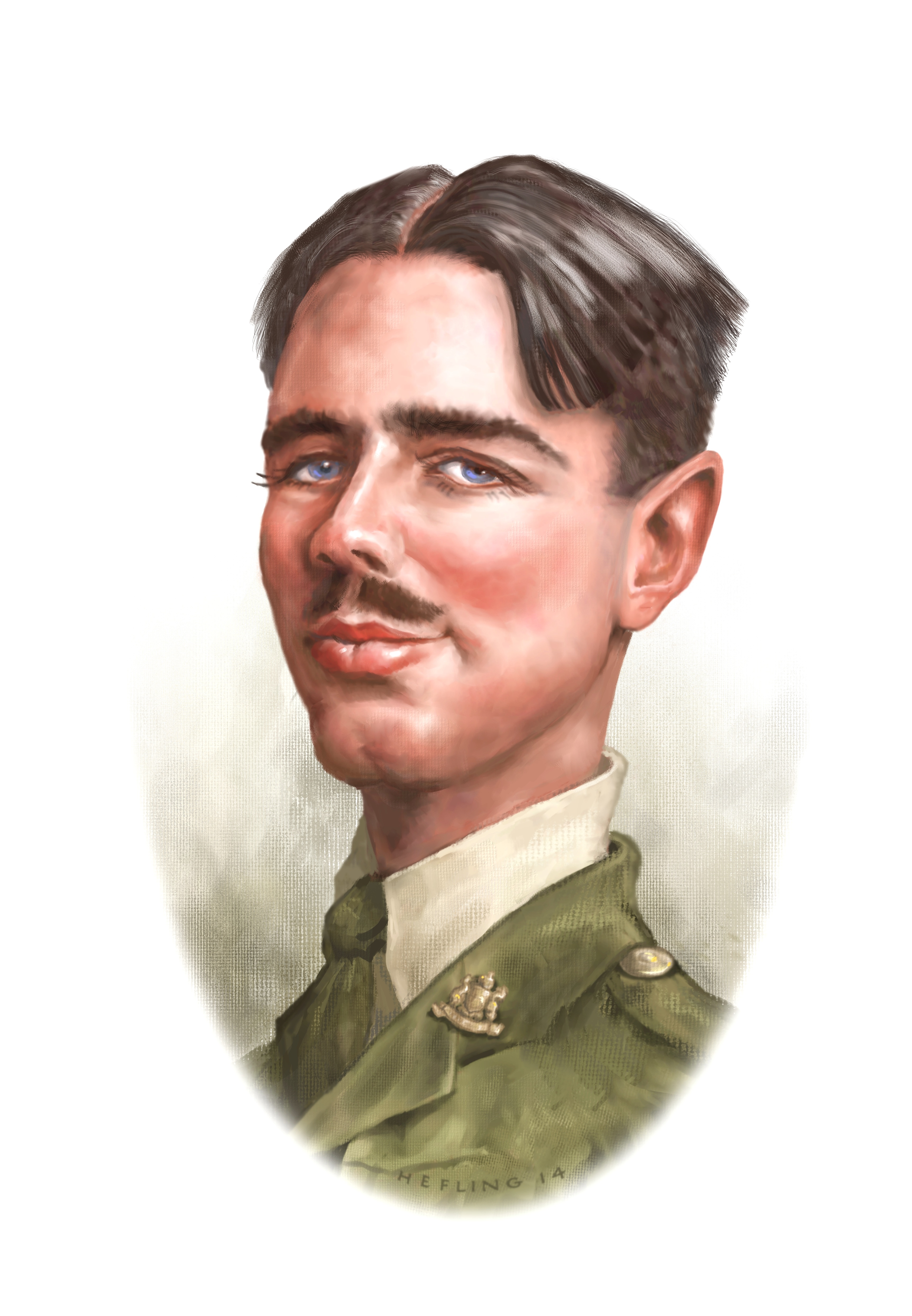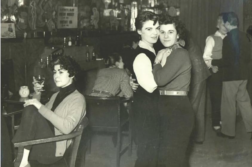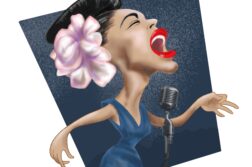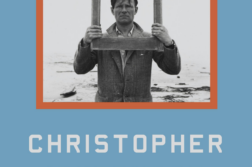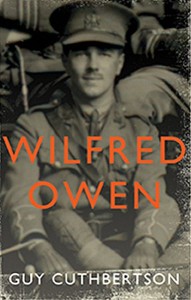 Wilfred Owen
Wilfred Owen
by Guy Cuthbertson
Yale. 352 pages, $40.
WHEN CAVAFY wrote poems about his encounters with lads in Alexandria brothels and pickups in the mazes of bazaars, no critic or biographer questioned his homosexuality. In a new biography of the World War I poet Wilfred Owen (1893–1918), we read his poems about a London rent boy with “violet eyes” and the “smell of the moss,” another about two male ghosts who sleep together, and others about Owen watching his favorite teenage companions work up a lather playing in a field. And yet, Guy Cuthbertson, the author of Wilfred Owen, keeps questioning his subject’s homosexuality as if the truth remained buried in a trench, akin to those deep, mud-sucking, rat-infested ones that Owen crouched in, shell-shocked, during German bombing campaigns. It doesn’t take an archeological dig through fields in Flanders for the reader to see what lies below.
The first glimmer of Owen’s sexuality appears at age nineteen when he admits “to the odd fact that he was in love with a youth, and a dead one at that, rather than ‘a real, live maid.’” The dead youth is the Romantic poet John Keats, who was, Cuthbertson says, Owen’s “first love.” But then the author adds the qualification that “it is not clear whether he means he has been in love with a woman or that he might be in love with one one day.”
Should it matter at all that Owen, author of “Dulce et Decorum Est,” “Anthem for Doomed Youth,” and other now iconic poems of World War I, was gay? Does discussing that aspect of him have any relevance to his work as a poet who chronicled with unflinching honesty and even jingoistic blasphemy the horrors of mustard gas attacks and the mental states of limbless, mutilated veterans? Yes, because if we’re to be immersed in a 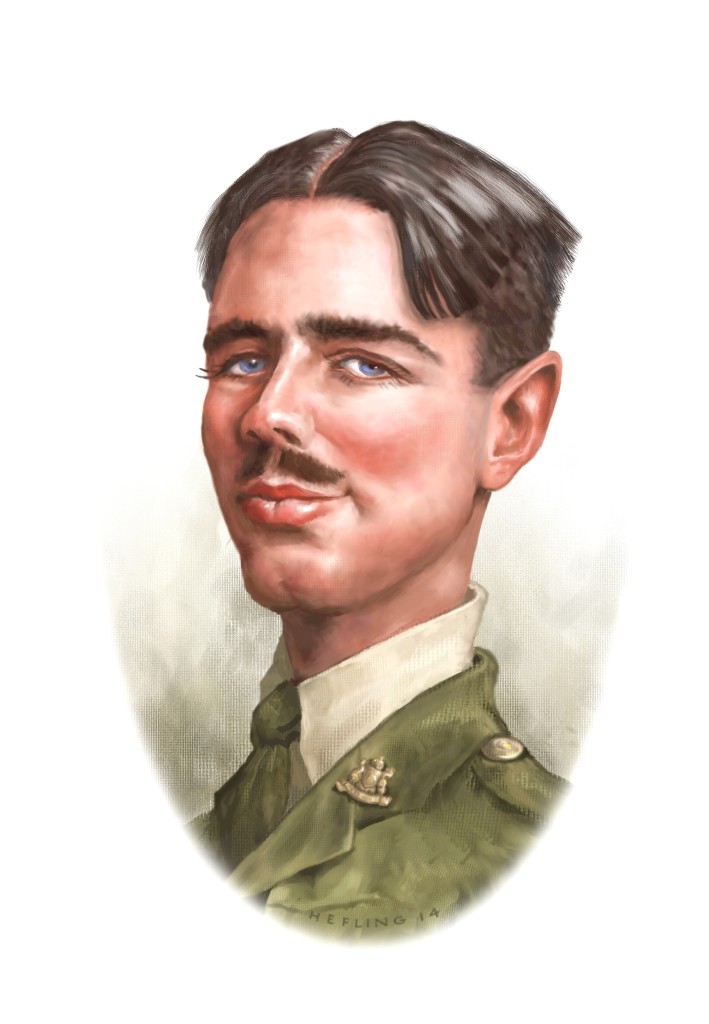 biography that tells his life story and assesses his work, we need to know about all of the passions that drove him, not just his poetic fervor.
biography that tells his life story and assesses his work, we need to know about all of the passions that drove him, not just his poetic fervor.
When Owen was nineteen, he developed what the biographer calls “a mysterious friendship” with a thirteen-year-old boy named Vivian Rampton. While the biographer insists that Owen “had no serious attachment to Rampton,” he did write a letter (to his beloved mother!) stating: “On Sat. I secretly met with Vivian at a stile and went on a delicious ramble; lay in hawthorn glades, where antlered stags would come within a few yards of us. He read to me, and I told him tales, and I took some figs … for him.” In a poem about Vivian, he writes, “would it/ Be better never to have looked on him?” Cuthbertson claims that such thoughts could have been evoked instead by Owen’s attraction to Nenette, a girl he knew but with whom he was never intimate. Elsewhere, Cuthbertson writes: “Owen was certainly capable of finding teenage boys attractive, but he was interested in class more than sex, the accent more than the body.”
No poet living through and fighting in World War I, despite being a teenager or in his early twenties, would be so deluded as to think that he might be invulnerable, much less immortal. So, Owen acted out with this in mind—loving while he could, expressing that love in person and in writing, and, in the case of Vivian, sharing those figs. One of the best passages from Owen’s poetry comes from an unpublished, untitled poem: “As bronze may be much beautified/ By lying in the dark damp soil,/ So men who fade in dust of warfare fade/ Fairer, and sorrow blooms their soul.”
Well into the book, Cuthbertson offers a diagnosis about Owen. After Owen fell down a hole on the battlefield and was hospitalized for his injuries, Cuthbertson suggests that he might have acquired savant syndrome, a condition whereby “following a head injury and concussion, the injured person acquires a new or greater talent for something. … Could Owen’s development as a poet during 1917 be ascribed to this bang on the head?” It seems more likely that the biographer got banged on the head by a falling stack of ungraded theses at Liverpool Hope University, where he teaches, for at this point in the book his narrative skill inexplicably improves. Prior to this, much of the book is a bramble of names and tangential scholarly asides. (“Bordeaux had even given England a medieval king, Richard II, who would, of course, become the subject of a play by Shakespeare, and was possibly related by marriage to Baron Lewis Owen, and in Bordeaux twenty-three-year poet Wilfrid Scawen Blunt fell in love with the famous Liverpudlian courtesan ‘Skittles’.”) It’s as if the author suddenly decided to tell the story of the poet’s life with an urgency that echoes that of the events leading to Owen’s early death.
Owen collected antiques, even searching for them while on leave from the Front, hoping perhaps to sell them professionally after the war. He was inordinately attached to his mother, as evidenced by a letter to her in which he wrote: “I stand (yes and sit, lie, kneel & walk, too), in need of some tangible caress from you … my affections are physical as well as abstract—intensely so.” He was obsessed, too, with growing older, something he never experienced given the mortal wound that killed him at age 25 just weeks before the war’s end. No one is immortal, of course, but Wilfred Owen’s poetry is still read and cited by readers and scholars today, and that’s the best victory he could have hoped for.
David Masello is a poet and cultural critic based in New York City.


